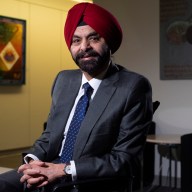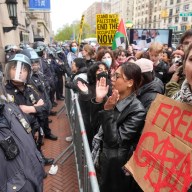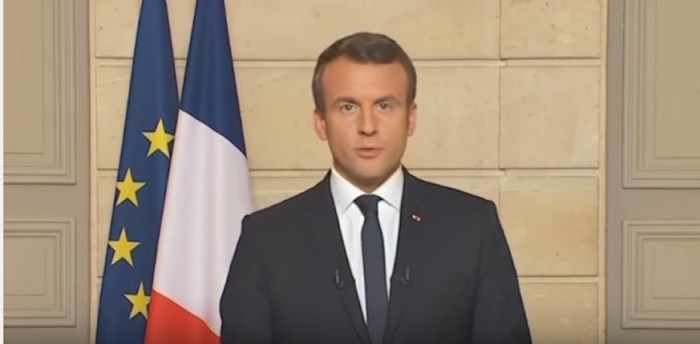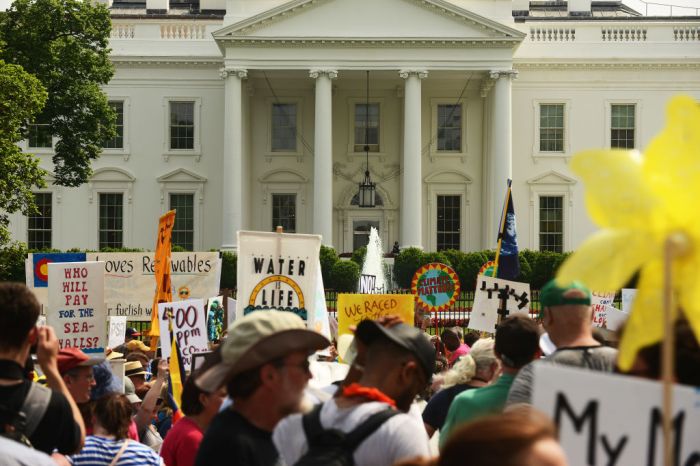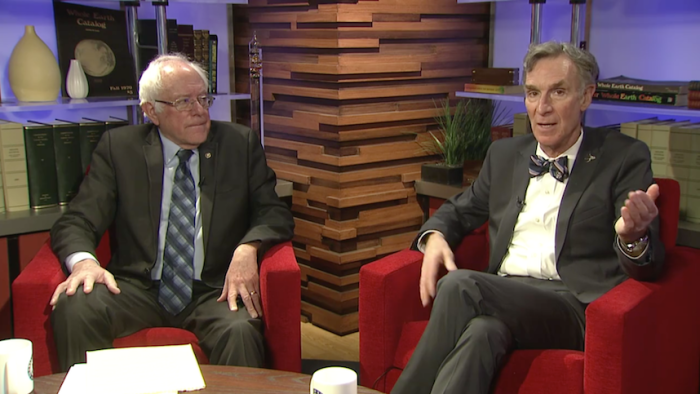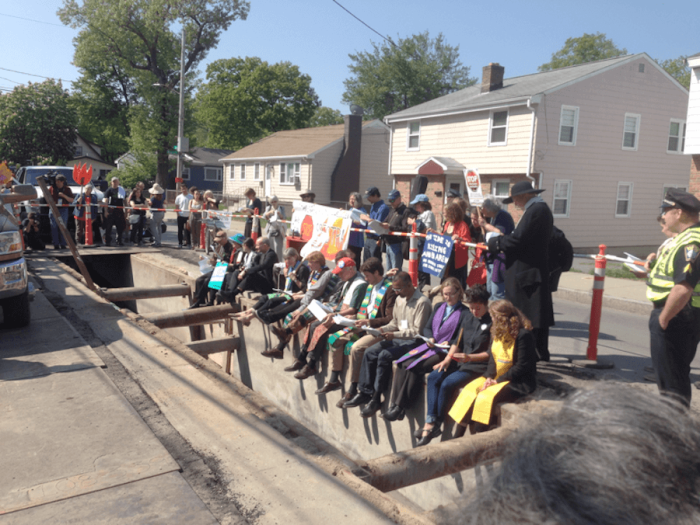As the title might suggest, director Avi Lewis’ climate change documentary “This Changes Everything” — based on Naomi Klein’s bestselling book — is looking for a fairly radical adjustment in how we approach what’s wrong with the environment and what’s gotten us into this mess. But it’s a change in perception Lewis is increasingly optimistic about, even if big business types probably aren’t going to like what he has to say. It seems to be a bit of an uphill battle, trying to change the way people approach climate change and the environment. RELATED:Racing Extinction: Fisher Stevens thinks James Inhofe is an idiot Aside from rampant capitalism, the largest obstacles seem to be apathy or futility. RELATED:What did the Green Ribbons at the Emmys mean?
So what is your ideal hope for this film? Follow Ned Ehrbar on Twitter:@nedrick
It’s funny, we’re such adaptable creatures, humans, and on some level denial is a useful and important human response to traumatic situations. But I think when we manage to snap it into focus, when we manage to come out of our casual, everyday denial — which, to be clear, we need to get through the day —we make ourselves look and go, “Holy smokes, this is for real.” This is the new reality, and we need to start grappling with it. We can’t just be playing the adaptation game, because we already know where that leads. The One Percent will have their armed lifeboats, and the rest of us will watch them sail off into the distance. So we need to start grappling with the causes, and that’s really what this project is about. It’s about the people on the front lines of this crisis, whether of the impacts of climate change or the fossil fuel extraction that’s driving it — oil and coal and fracking — they’re in the least denial because their daily lives and their land and their water are effected. And the way that they respond, the way that they fight back, we find really inspiring in terms of mapping out how to address the underlying causes and what is the way forward.
I was very mindful of that in choosing the stories and making the film. When people make themselves look, they see that the economic system itself is driving this crisis — this idea that we have to consume and consume and consume to grow and grow and grow and grow, and we’re trapped on this treadmill. So many of us in the privileged world are on this consumption treadmill, and it’s not making us any happier anyway. It’s like the junk food syndrome. The more consumer lifestyle that you embrace, the more stuff you buy, the lonelier and emptier you feel. And we see the impact that it’s having on the planet. When people make the connection between the carbon in the air and the economic system that put it there, when we start seeing the economic roots and the economic responses to the climate crisis, it all of a sudden means we can address the economic crisis and the climate crisis at the same time. People feel the intense inequality of our society like never before, and when we see that addressing inequality and addressing racism and all kinds of different injustices is the key to dealing with this bigger crisis — the scary one that we can’t even look at, the climate crisis — it’s actually very hopeful.
People have been making these connections that we document in the film, and they’re starting to push their governments for this massive transition that we need — a transition not only to renewable energy but to a fairer society. So we feel very much part of this historical moment, and people all over the world are calling for this justice-based transition to a low-carbon economy. Naomi and I feel that we’re not telling people the way it is, we’re echoing what we’re hearing from people on the front lines. And I think our job is to amplify that message and to reach more and more people with it. We’ll get to the tipping point when the people are on the streets demanding change from our governments aren’t activists, they’re just everybody. And I think we’re starting to see a lot of action in the United States around racial justice, around economic justice — the Fight for 15, Black Lives Matter, all of these are intimately connected to climate change, as the anniversary of Katrina reminds us. And so all of these interwoven issues, people are making the connections. We just hope to serve the people who are doing the really hard work and trying to change the world with powerful stories that will help them reach more people. When you do a film called “This Changes Everything,” you can’t be modest in your hopes. So yeah, we’re going for it. (laughs)








